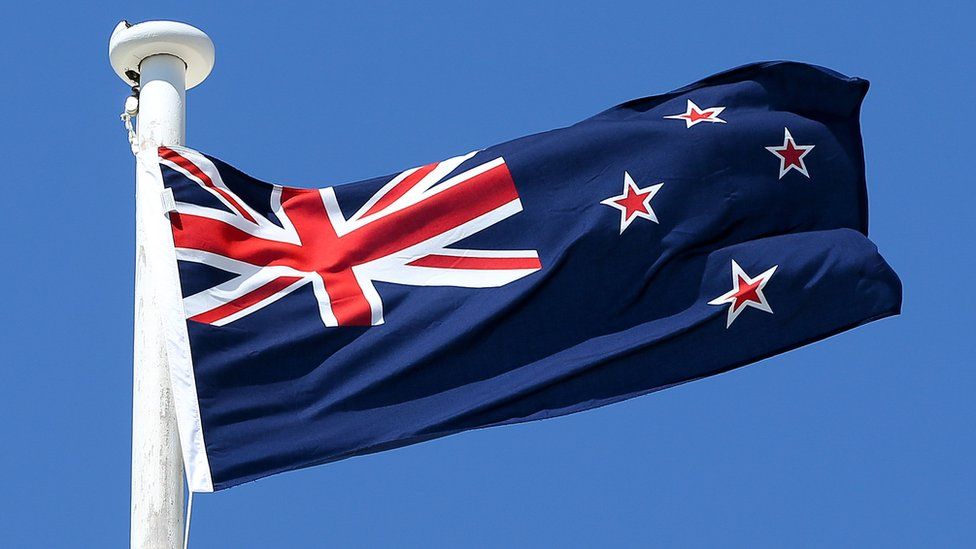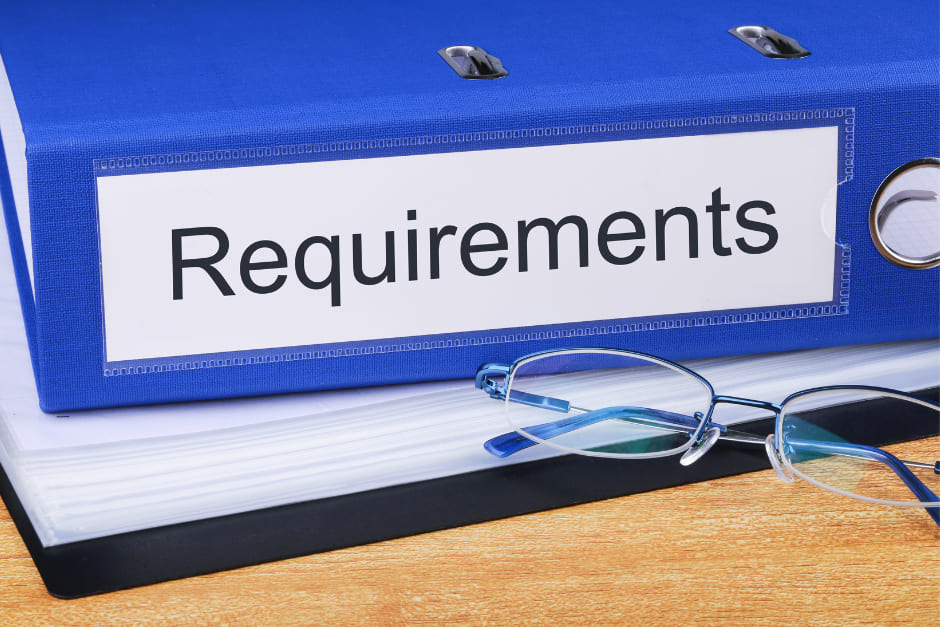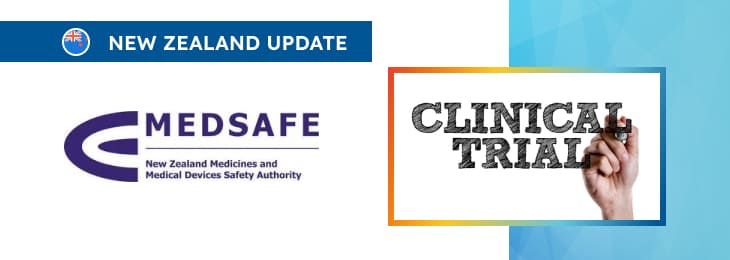The new article explains the requirements pertaining to notifications for clinical trials, as well as the Good Clinical Practice requirements.

Table of content
The New Zealand Medicines and Medical Devices Safety Authority (MedSafe), a country’s regulating agency in the sphere of healthcare products, has published a guidance document dedicated to various aspects associated with medical devices intended to be marketed and used in the country. In particular, the document addresses the matters related to clinical trials to be conducted in order to assess the actual effectiveness and safety of medical devices before placing them on the market.
The document provides an overview of the applicable regulatory requirements, as well as additional clarifications and recommendations to be taken into consideration by medical device manufacturers, study sponsors, and other parties involved in order to ensure compliance. At the same time, the authority reserves the right to make changes to the guidance and recommendations provided therein, should such changes be reasonably necessary to reflect corresponding amendments to the underlying legislation.
Notification of Clinical Trial Sites
In accordance with the applicable regulatory requirements in New Zealand, Medsafe oversees a Clinical Trial Site Notification scheme designed for clinical trial sites where participants reside while trial medicines are administered. This scheme ensures that each site is adequately prepared to handle emergencies that may arise during the trial, such as life-threatening or disabling events caused by the study medication (termed Critical Incidents).
The notification is specific to each site and must be updated if any changes occur in the original notification form. Under Section 30 of the Medicines Act, applications for clinical trial approval must include detailed information about the trial sites, particularly where participants stay overnight or longer for monitoring purposes.
This information is crucial in deciding whether to grant trial approval. Medsafe facilitates the collection and processing of this information through the Clinical Trial Site Notification scheme.
The site manager, typically the individual responsible for overseeing the site’s operations, must complete a Clinical Trial Site Notification form. This form confirms that the site has appropriate emergency procedures in place.
Notifications can be submitted at any time and are not tied to the specific trial application. Once a site is notified, Medsafe adds it to the Notified Clinical Trial Sites list on its website.
If any information changes, the site must be re-notified. Applicants for clinical trial approval must verify that any proposed site where participants stay overnight has been notified under the scheme.
This can be checked on Medsafe’s Notified Clinical Trial Sites webpage. The authority additionally emphasizes that trials should not commence at overnight sites unless the site has been duly notified.

Good Clinical Practice Requirements
As it is stated in the guidance, all clinical trials conducted in New Zealand are required to adhere to the Guideline for Good Clinical Practice E6(R2) issued by the Committee for Medicinal Products for Human Use (CHMP), even if the trial does not require Medsafe approval. However, certain modifications are necessary to align the CHMP GCP guidelines with New Zealand’s specific regulatory framework, particularly in areas where there is a conflict with the Medicines Act 1981 or other relevant legislation.
Key Modifications to GCP Requirements
Modifications to the CHMP GCP guidelines are necessary in the following areas:
- Definitions and responsibilities of the applicant, sponsor, investigator, and monitor.
- Manufacturing, labelling, and dispensing of investigational products.
- Retention of records and adverse event reporting.
- Clinical trial reporting requirements.
Responsibilities of the Applicant, Sponsor, Investigator, and Monitor
The document further outlines the key responsibilities of the parties involved, namely:
- Applicant and New Zealand Sponsor: In New Zealand, the term “applicant” is used instead of “sponsor”. The applicant is responsible for importing, manufacturing, or commissioning the manufacture of new medicines for a clinical trial. Once the trial is approved, the applicant assumes the role of the sponsor, taking legal responsibility for the trial’s conduct in New Zealand, including record preservation, adverse event reporting, and protocol amendments.
- Investigators: The principal investigator, who must be a resident of New Zealand with relevant qualifications and experience, is responsible for the overall conduct of the clinical trial in New Zealand. Each trial site may also have a lead investigator responsible for that specific site. Investigators must have New Zealand-recognized qualifications and are tasked with conducting the trial according to the approved protocol.
- Monitor: The monitor, appointed by the sponsor, ensures the trial is conducted and documented correctly. This individual must be independent of the clinical trial site and possess the necessary scientific or clinical knowledge, training, and experience.
Investigational Products
Investigational products, including active comparators and placebos, must be manufactured according to Good Manufacturing Practice (GMP) standards. In New Zealand, these products should comply with the New Zealand Code of Good Manufacturing Practice for the Manufacture and Distribution of Therapeutic Goods.
The investigational medicine must have a Certificate of Analysis, and the sponsor must verify that it meets the approved specifications before being released for the trial.
Labelling and Distribution of Investigational Medicines
Labels on investigational medicine packages must include the phrase “To be used by qualified investigators only” or similar wording. The label should also provide the sponsor’s contact information, especially for emergencies.
Investigational medicines should only be distributed to approved investigators and used exclusively for the trial. The trial protocol must outline the procedures for distributing the medicine to participants, and any repackaging must be done by a licensed or authorized person.
Controlled drugs used in the trial are subject to specific supply restrictions based on their classification under the Misuse of Drugs Act 1975.
Conclusion
In summary, the relevant sections on the Notification of Clinical Trial Sites and Good Clinical Practice Requirements provide a clear framework for ensuring that clinical trials in New Zealand are conducted safely and in compliance with both local and international standards.
How Can RegDesk Help?
RegDesk is an AI-powered Regulatory Information Management System that provides medical device companies with regulatory intelligence for over 120 markets worldwide. It can help you prepare and publish global applications, manage standards, run change assessments, and obtain real-time alerts on regulatory changes through a centralized platform. Global expansion has never been this simple.

